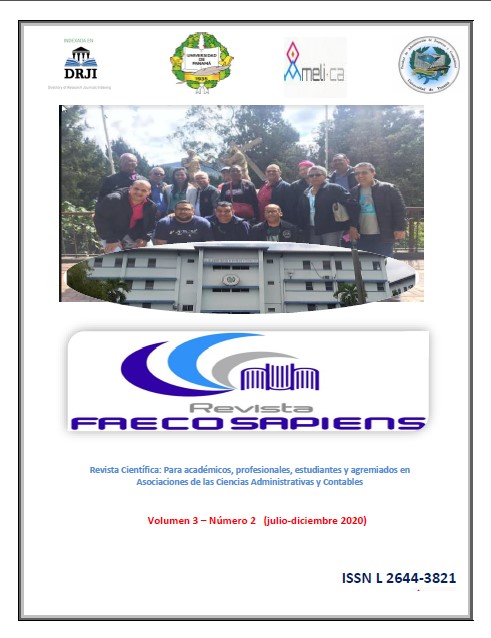

The objective of this article is to evaluate the tax culture as a deterrent measure of tax noncompliance to increase the levels of tax collection in Panama. The methodology used was framed in the non-experimental, descriptive, explanatory and documentary research modalities. Data collection techniques included the survey, to contrast the results with previous studies by other authors. The results of the survey showed that the State is responsible for creating and disseminating programs that guide people in complying with their tax obligations, clearly establishing the duties and rights of all taxpayers; since a high percentage of the respondents indicated that they disagree on the way the government approaches the issue. In addition, these results indicated that citizens received little or no guidance in tax matters during their years of study, which prevents them from knowing what are the different types of taxes that they would have to pay according to their circumstances. Therefore, those consulted through the survey indicated that if they had all the information available on the payment of their taxes, they would be willing to comply with all the regulations that exist in tax matters. Therefore, we conclude that the State through its control agencies will be able to achieve in the future that a greater number of taxpayers comply with their tax obligations through education campaigns throughout the country starting with schools, colleges and universities.